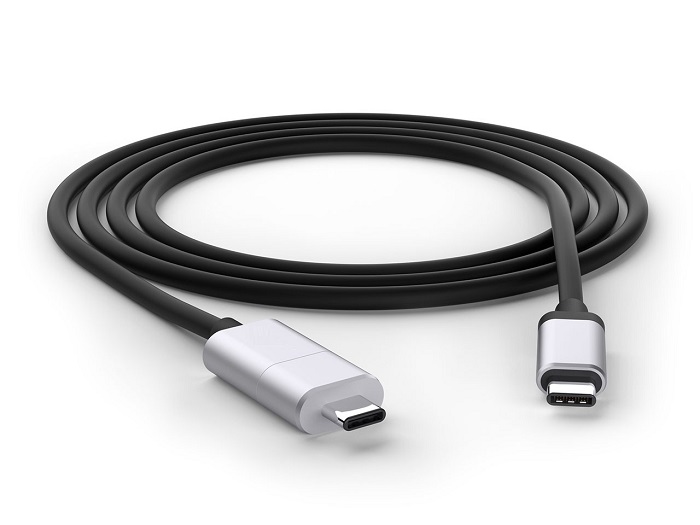Fed up with having to constantly purchase new USB cables due to shoddy manufacturing, Google engineer Benson Leung took it upon himself to begin a program to purchase, test, and review USB-C cables purchased through Amazon.com
Hundreds of USB cables later, it appears as though his efforts have worked. Just a few days ago, Amazon (very quietly) added a new line to its terms and conditions documents, essentially banning all bad cables:
Any USB-C™ (or USB Type-C™) cable or adapter product that is not compliant with standard specifications issued by “USB Implementers Forum Inc.”
Leung praised the change on his Google+ page, saying it’s “really great news” but “we all have to continue to be vigilant and call out any bad products.”
The biggest issue with the cables Leung tested was infrequent charging, and failure to transfer data. At the end of each test, he wrote a review, similar in tone to this one here, which he wrote on SAWAKE’s USB 3.1 Type C Male Data Charging Cable Woven Mesh Cable Strong Braided:
Benson here again, reviewing legacy USB Type-C cable on Amazon. Today I am reviewing SAWAKE's “USB 3.1 Type C Male Data Charging Cable Woven Mesh Cable Strong Braided”. I bought this cable to use various USB Type-A chargers with the Chromebook Pixel and to do data syncing with Pixel C, and I found that this cable does not work to charge the Chromebook Pixel, or sync data to Pixel C.
Upon closer inspection, this cable does NOT comply with the USB Type-C specification version 1.1. The documentation can be found at usb.org under developers/usbtypec.
Specifically, these cables do not charge the Chromebook Pixel 2015 because the cable leaves the CC lines floating, where the specification requires a Rp pullup to Vbus to identify the cable as a legacy cable. Both pixel devices use the CC pullup to detect when a host has been attached. Since this cable has no CC pullup, neither device correctly charges or hooks up the data lines.
Leung’s efforts should be appreciated — for the general consumer, it’s very hard to tell if a USB-C cable is of high quality or not. Sure, there are some ways to test them out, but for those looking for simple guidance, Leung has created a tremendous resource that is far easier to access.
Via Business Insider and The Next Web
Advertisement
Learn more about Electronic Products Magazine





